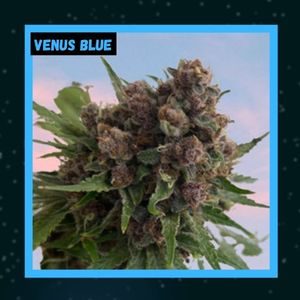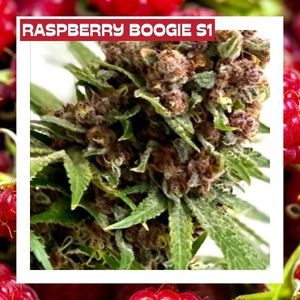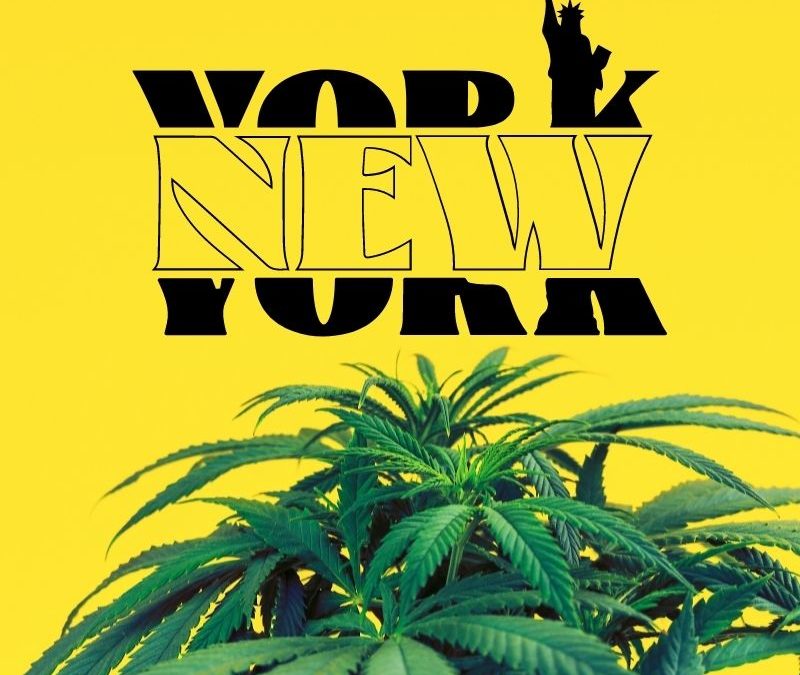Recreational marijuana became legal in New York in 2021, and in February 2022, the New York Governor signed new legislation to support the growing recreational cannabis industry. The Conditional Cannabis Cultivation Bill will provide the opportunity for the hemp farmers in New York to grow cannabis as early as this spring of 2022. This legislation will fast track conditional licenses for the adult use cannabis program in the Empire State and put New York’s farmers first.
These conditional cannabis cultivation licenses will ensure that New York has the cannabis products needed when the recreational market is officially established and regulated. Kudos to New York for taking proactive steps to meet what they know will be a high demand for cannabis and cannabis products.
Conditional Cannabis Cultivation Bill Requirements
This bill creates a new Conditional Adult-use Cannabis Cultivator license which allows hemp farmers to grow cannabis, positioning New York farmers to be the first to jumpstart safe, inclusive, and equitable cannabis growing. New York farmers must meet certain requirements under the new legislation. Provisions included relate to equity, inclusion, and environmental sustainability.
Qualifiers for NY Farmers and Conditional Cannabis Cultivation
Qualifiers for NY farmers under the new Conditional Cannabis Cultivation Bill include:
- Industrial hemp research – applicants must have been authorized as an industrial help research partner under the Department of Agriculture and Markets for two out of the last four years and must be in good standing as of December 31, 2021.
- Social equity mentorship – applicants must participate in a social equity mentorship program, which includes training for cannabis cultivation and processing for economic and social equity partners, giving preparation for potential roles within the cannabis industry.
- Sustainability requirements – all applicants must ensure that they grow cannabis in an environmentally conscious method to meet sustainability requirements.
Provided these requirements are met, applicants that are awarded a conditional license must operate within the regulations set forth regarding allowed growing space whether cultivating indoors or outdoors.
New York Farmers Allowed Limited Space for Growing
Under this recent legislation, New York farmers will be allowed to grow cannabis outdoors limited to 1 acre (43,560 ft.) of outdoor flowering canopy or farmers can grow indoors in a greenhouse with a limit of 25,000 ft. and 20 artificial lights. The growing space may also be split between indoor and outdoor with a maximum flowering canopy space of 30,000 ft., provided the greenhouse does not exceed 20,000 ft..
Under this new bill, NY farmers can cultivate cannabis for up to 2 years with a conditional adult-use cannabis cultivation license, allowing them to manufacture and distribute cannabis flower products without the need to hold an adult-use processor distributor or processor license. Farmers can operate under these requirements for up to two years.
New York’s Conditional Cannabis Cultivation Bill is poised to help farmers and the state meet the demand for medicinal and recreational cannabis.
Quality Plants Start with Quality Seeds 
As New York hemp farmers prepare to cultivate cannabis with a conditional license, they know that quality plants start with quality seeds. You can find the highest in quality of pot seeds online from Mosca Seeds, world leading cannabis seed breeder and multiple cannabis cup winner. Choose from regular seeds, feminized or autoflowers, and a wide selection of Indica, Sativa, or hybrid blends.
Mosca Seeds is a world leading cannabis seed breeder with more than 15 years of experience. We are recognized for the finest in cannabis seed genetics, keeping your favorite strains alive and introducing exciting new drops all the time. Check out our seed bank for the best in quality cannabis seeds online to support New York cultivation or cannabis growing in any legalized state.
